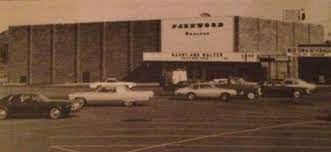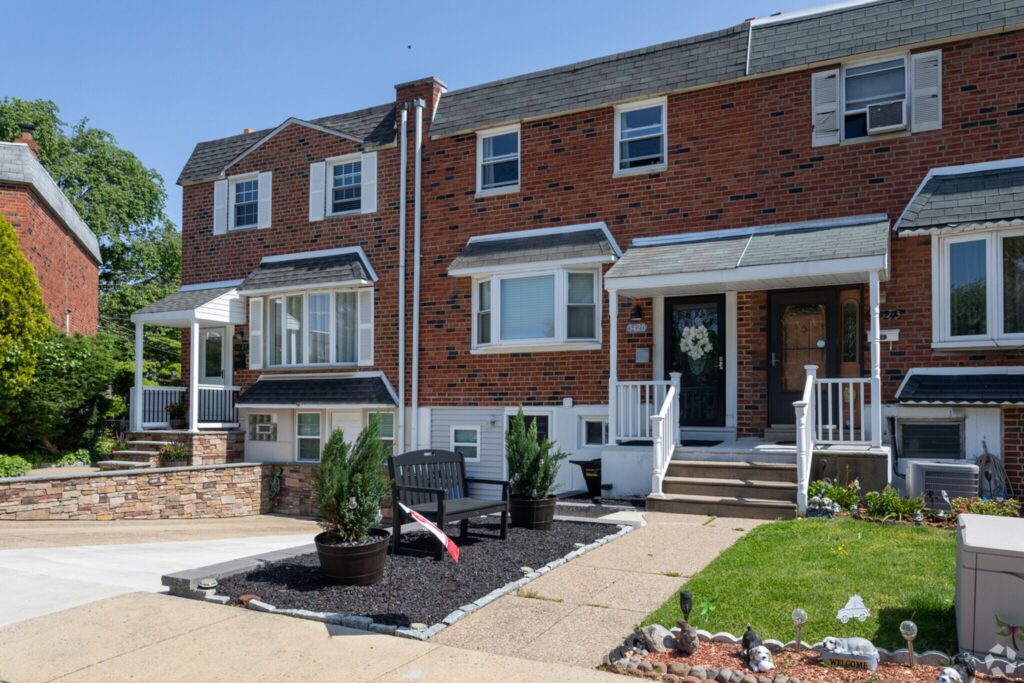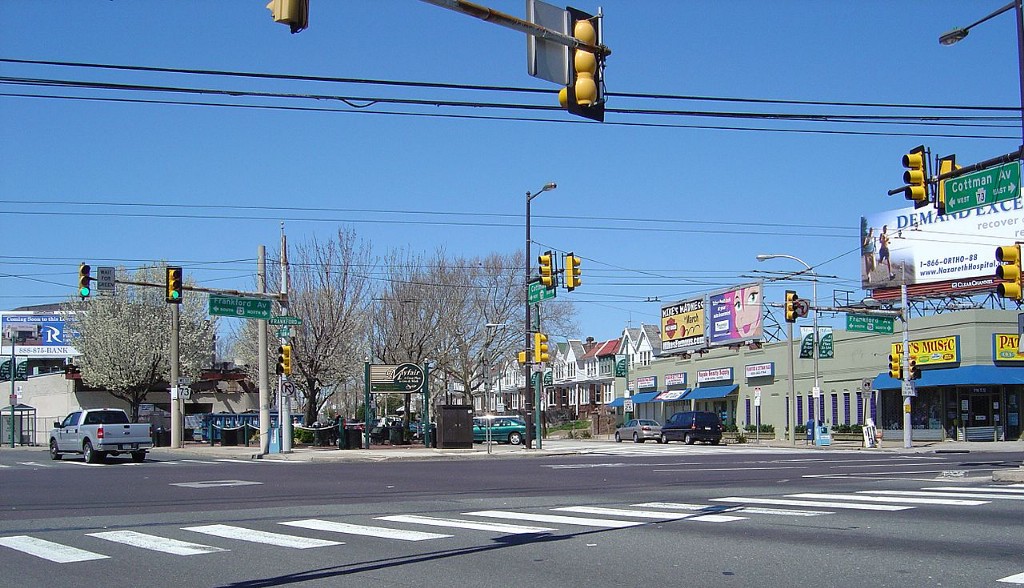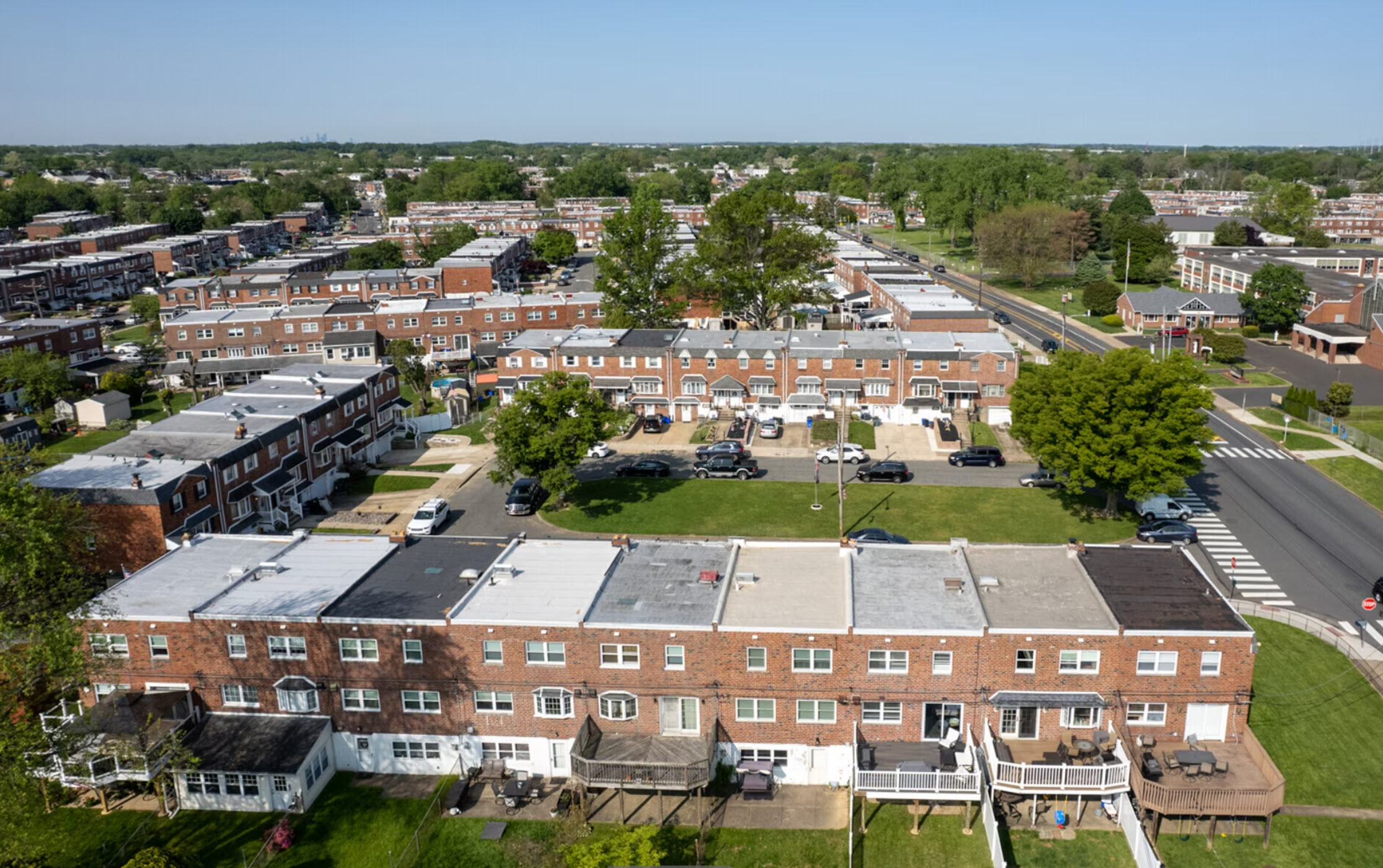Parkwood – A Close-Knit Community with Diverse Charm
Nestled in the Far Northeast section of Philadelphia, Parkwood is a charming neighborhood that offers its residents a sense of community and a diverse array of amenities. Developed in the early 1960s as a planned residential community, Parkwood has a rich history and a strong sense of pride among its residents. With its close proximity to major highways, shopping centers, and recreational areas, Parkwood has become a sought-after neighborhood for families and individuals looking for a suburban feel with convenient access to urban amenities.
History
Parkwood’s history dates back to the 17th century when Native American tribes, including the Algonquian and Iroquois nations, inhabited the area. The Lenni-Lenape, a dominant Algonquian group, settled in Parkwood due to its proximity to the Poquessing Creek, which provided abundant fishing, hunting, and water resources.
European settlers arrived in the area in the 17th century, utilizing the well-established paths created by the Native Americans. Swedish settlers were followed by English Quakers, who named the area “Byberry” after one of the first settlers’ hometown in England. By 1694, the area officially became known as Byberry Township, PA. Quaker institutions, such as the Friends meeting house and the Friends’ School, were established, becoming the center of the community.
In the late 18th century, as Byberry Township grew, the Lenni-Lenape gradually moved out of the area. The Native American culture was meticulously observed and recorded by notable figures like Henry Armstead Snyder and Dr. Benjamin Rush, both of whom settled in Byberry Township. Dr. Rush, known as “The Father of American Psychiatry,” made significant medical contributions and treated patients during the Yellow Fever Epidemic in Philadelphia.
By 1854, the City of Philadelphia annexed Byberry Township, and in the late 19th century, Byberry Hospital was built. The hospital later became the Philadelphia State Hospital at Byberry. After its closure in the 1990s, the site was divided into two sections: an industrial park and the Benjamin Rush State Park.

Population and Demographics
Parkwood has experienced population growth, with the 2020 census reporting a population of 17,386. The neighborhood offers a mix of housing options, including brick row houses, apartments, condominiums, and single-family detached homes. The majority of residents are homeowners, with a home ownership rate of 74%, significantly higher than the city average.
Parkwood’s demographic composition has become more racially diverse over the years. According to the 2020 census, the racial composition of the neighborhood is 76% White, 12% African American, 7% Hispanic, 4% Asian, and 1% Two or more races. The neighborhood has also seen an increase in residents over the age of 65, reflecting the aging population trend seen throughout Philadelphia.

Land Use and Housing
Parkwood’s land use is a well-balanced mix of residential, recreational, institutional, commercial, and industrial areas. The neighborhood features a variety of housing options, ranging from apartments and condominiums to single-family detached homes. Housing densities vary, but overall, the housing stock remains well-maintained, with a low vacancy rate of 3%.
The median residential property value in Parkwood exceeds $155,000, and home sales in recent years have ranged from $160,000 to $210,000. The neighborhood’s commercial offerings include the Parkwood Shopping Center, which has undergone recent improvements, and the Philadelphia Mills Mall, a regional shopping destination.
Schools and Community Facilities
Parkwood is home to several schools and community facilities that contribute to its vibrant community life. Decatur Elementary School and Shallcross School provide education for local students, while Junod Playground offers recreational opportunities for residents. St. Anselm Church serves as a major place of worship in the neighborhood.
The Katherine Drexel Branch Library, located south of the neighborhood across Woodhaven Road, provides access to educational resources and serves as a hub for learning and community engagement.

Parks and Recreation
Parkwood boasts a range of parks and open spaces that cater to outdoor enthusiasts and nature lovers. The neighborhood’s proximity to the Poquessing Creek allows for picturesque walking trails and opportunities for fishing and other recreational activities. Benjamin Rush State Park, occupying approximately 280 acres, offers additional green space for residents to enjoy.
Small creek areas and swales traverse the neighborhood, creating connections for those who wish to walk their dogs, exercise, or simply immerse themselves in the natural beauty of Parkwood. These grass-lined drainage swales weave through residential developments, enhancing the neighborhood’s aesthetic appeal.
Commercial and Industrial Opportunities
Parkwood presents a mix of commercial and industrial opportunities for both residents and businesses. The Parkwood Shopping Center, located at the intersection of Academy and Byberry Roads, serves as a neighborhood retail hub. Recent improvements have revitalized the shopping center, including the addition of anchor stores like Wawa Food Markets and Rite Aid.
Byberry Industrial Park, home to over 50 employers, provides job opportunities for thousands of individuals in the region. Major companies, including Elliot-Lewis Corporation and Ricoh Business Systems, have chosen Byberry Industrial Park as their base of operations. The industrial park’s designation as a Keystone Opportunity Zone has attracted businesses and stimulated economic development in the area.
Safety and Crime
Parkwood maintains a strong sense of safety and security for its residents. While property crime rates exist, they are largely conducted by individuals from outside the community. The neighborhood’s Civic Association, in collaboration with local law enforcement and the City Council, actively addresses any neighborhood concerns and ensures a safe living environment for residents.
Community Engagement and Sense of Belonging
Parkwood Manor prides itself on its strong sense of community and neighborly bonds. The neighborhood’s Civic Association holds regular meetings where residents can voice their concerns, interact with local police representatives, and work together to address any issues that arise. This active engagement fosters a sense of belonging and ensures that Parkwood remains a close-knit community.
Parkwood Manor is a vibrant neighborhood in Philadelphia, offering residents a close-knit community, diverse amenities, and a strong sense of pride. With its rich history, well-maintained housing, and access to parks, schools, and commercial centers, Parkwood Manor continues to attract individuals and families looking for a suburban lifestyle with urban conveniences. As the neighborhood evolves, it remains committed to preserving its sense of community and providing a welcoming environment for all who call it home.
